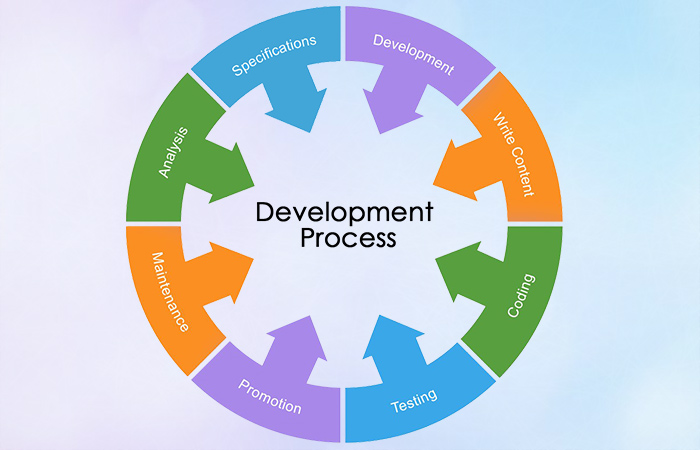The development of software products comprises of four facts:
- Requirements: What are the features required?
- Design: How the product will support through its features?
- Coding: How the coding will be performed and can be tested?
- Testing and delivery: How the product will be tested and delivered to the clients?
These four facets constitute the project plan and determines its features during the software development. Traditional Waterfall Life Cycle model, the four phases of the project plan is followed strictly in a sequential order. Too much time is spent in defining and analyzing the actual need and in designing of the targeted system prior to writing the code. Waterfall Life Cycle is unable to handle any kind of alteration in the designs or requirements. Rather a false separation is created between the business analysts, architects, designers and programmers. Such separation leads to the miscommunication risk and deviation between the goals of the business and software product apparition and implementation.
While using the Iterative Life cycle model, complete integration of four facets in the development of software products is made to meet the entire process of business needs. Evolution of codes leads to consistent polishing of requirement and designs. The development of a project plan is arranged in small releases and authorizes consistent integration of all the components of codes, incremental builds and timely confirmation of polished requirement and designs. By following this procedure product ownership is shared among the business analysts, architects, designers, programmers and testers. Such ownership sharing reduces the miscommunication risks and deviation. Consistent modification and amalgamation is enabled to prevent from repulsive actions before the date of delivery.
Following are the Advantages of Misha Infotech's Iterative Methodology:
- Support in building frequent feedback loop from business stakeholder to engineering and gain back to the business stakeholders
- Conceptualization and materialization of software products with the help of prototyping
- The Capability to process all the requirements and design, and can tackle all the information during the early phases of the Life Cycle
- Emphasis is made on achieving the prime priority and risk features executed immediately
- Skill to authorize section of upward design, consistent analysis and mitigation of risks.
